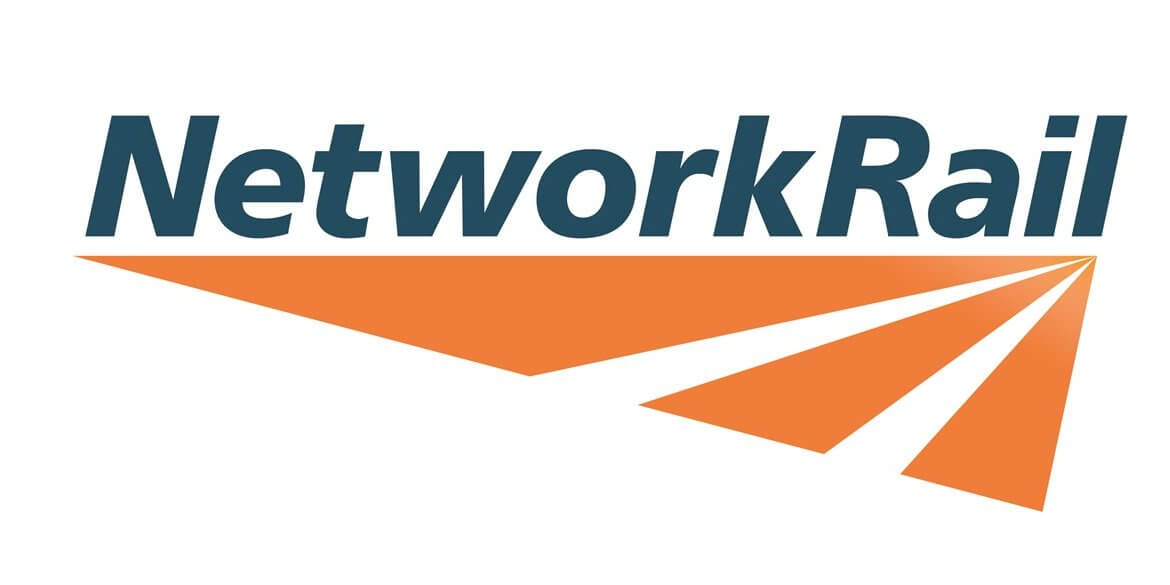With the UK already in the throes of rising inflation, crippling energy and fuel costs and global instability is it wise for thousands of rail staff to go on strike? Sadly this appears to be going to happen on June 6th with thousands of staff from the London Underground downing their tools and walking out. The strike itself would create huge travel disruptions for millions of passengers returning to work after the Platinum Jubilee weekend celebrations. Not only would the capital be disrupted but commuters travelling outside of London and from abroad to join UK celebrations would also seriously be affected. It won’t be just passenger trains that will be brought to a standstill, but trains carrying goods which will inevitably cause certain supply shortages.
The outcome of last nights industrial ballot by the RMT Union may indeed lead to the biggest rail strike in modern history, with more than 40,000 members across Network Rail and 13 out of 15 train operating companies, all voted overwhelmingly in favour of going on strike in a dispute over pay and working conditions.
These were Chiltern Railways, Cross Country Trains, Greater Anglia, LNER, East Midlands Railway, c2c, Great Western Railway, Northern Trains, South Eastern Railway, South Western Railway, TransPennine Express, Avanti West Coast and West Midlands Trains.
Members at Govia Thameslink (including Gatwick Express) voted against strikes but in favour of other forms of industrial action, while workers on the Isle of Wight’s Island Line (where the union has 30 members) rejected all forms of industrial action.
The Covid-19 pandemic has left the rail industry on its knees with the UK taxpayer providing £16bn pounds of life support which is the equivalent of £600 per household in the UK. What’s even more worrying is that passenger numbers on both Network Rail and the Underground have dropped dramatically post the Covid pandemic and according to a report done by the Office for National Statistics only 8% of employees will continue to commute to work for five days a week; which leaves 84% of employees working from home some of the time and not using rail services.
The median earnings of train drivers who work on average 4 days a week have gone up by 39% over the past 10 years, which is well above the 23% national average, or just 15% for nurses. A nurse earns around £31,000 and police officers £41,000 but some of the highest paid train drivers earn £59,000! And when it comes to pensions Transport for London staff contribute 5% of their salary whilst TFL contributes a staggering 26.9% towards staff pension pots. One can understand that not every aspect of working life is perfect for those staff working for TFL, but current working pay and conditions do tend to favour better than those of other workers.
Perhaps the RMT needs to collaborate more with Network Rail whilst avoiding unnecessary strike action, which indeed will impact upon the already stifled UK economy.





